Crimes sometimes shock us too much; vices almost always too little
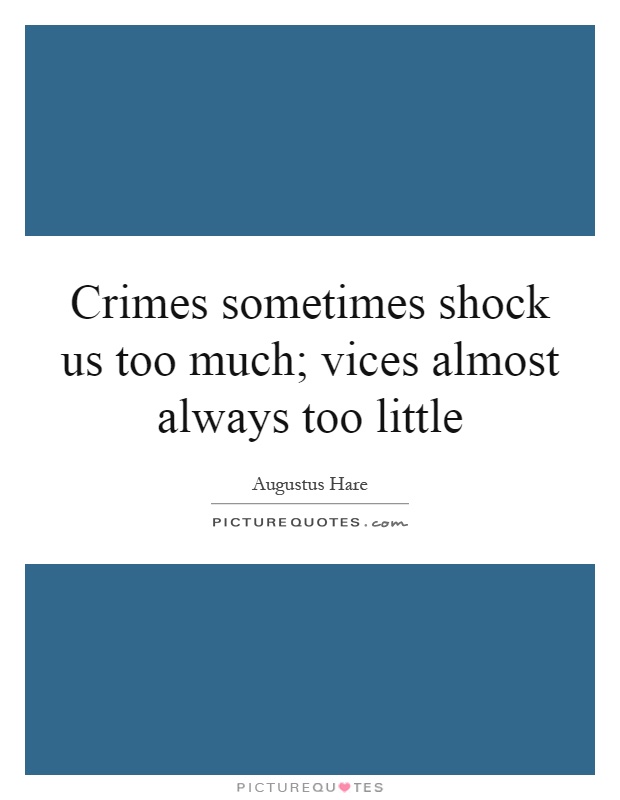
Crimes sometimes shock us too much; vices almost always too little
Augustus Hare, a 19th-century English writer known for his travelogues and biographies, once said, “Crimes sometimes shock us too much; vices almost always too little.” This statement speaks to the way society often reacts to different forms of wrongdoing, with crimes garnering more attention and outrage than vices.Crimes are actions that violate the law and often result in harm to others. They can range from petty theft to violent acts such as murder. When a crime is committed, it is often met with shock, disbelief, and a sense of outrage from the public. The media sensationalizes crimes, turning them into headline news and sparking debates about justice and punishment. People are quick to condemn criminals and demand harsh penalties for their actions.
On the other hand, vices are behaviors that are considered immoral or harmful but are not necessarily illegal. These can include things like lying, cheating, gossiping, or indulging in excessive drinking or gambling. While vices may not have the same immediate impact as crimes, they can still have negative consequences on individuals and society as a whole. However, vices are often overlooked or dismissed as minor transgressions compared to crimes.
Hare’s statement suggests that society’s priorities may be skewed when it comes to addressing wrongdoing. While crimes are rightfully condemned and punished, vices are often downplayed or ignored. This can lead to a lack of accountability for harmful behaviors and a normalization of unethical actions.
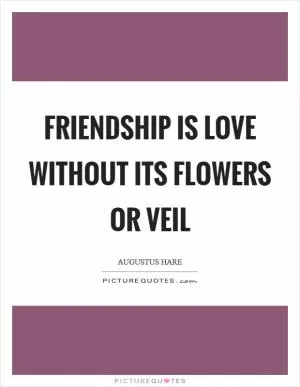
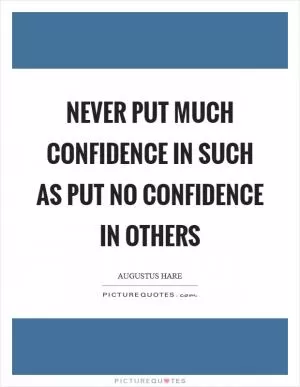


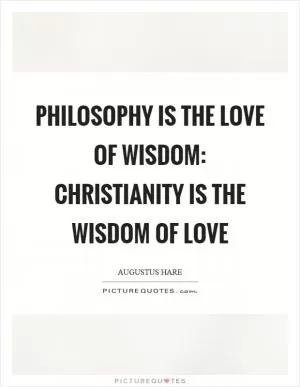

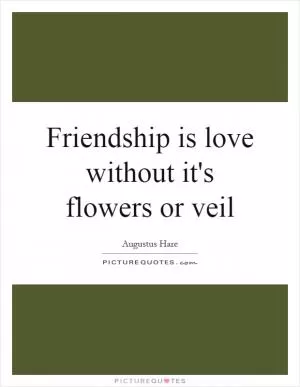
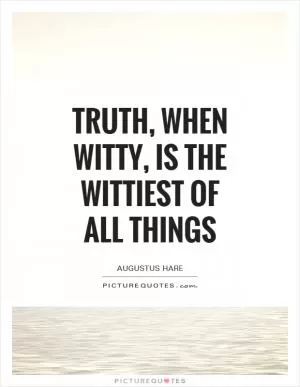
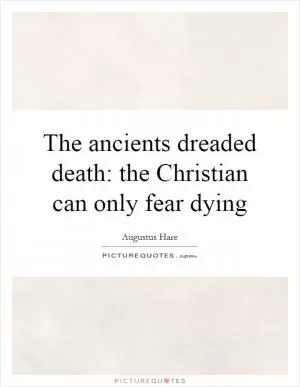
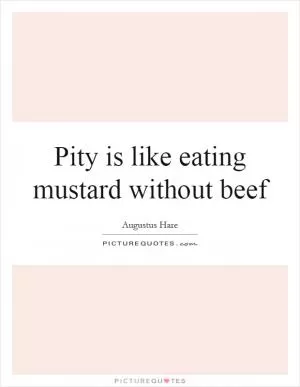

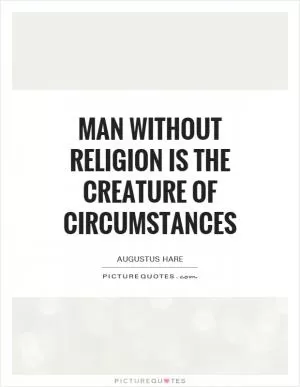
 Friendship Quotes
Friendship Quotes Love Quotes
Love Quotes Life Quotes
Life Quotes Funny Quotes
Funny Quotes Motivational Quotes
Motivational Quotes Inspirational Quotes
Inspirational Quotes